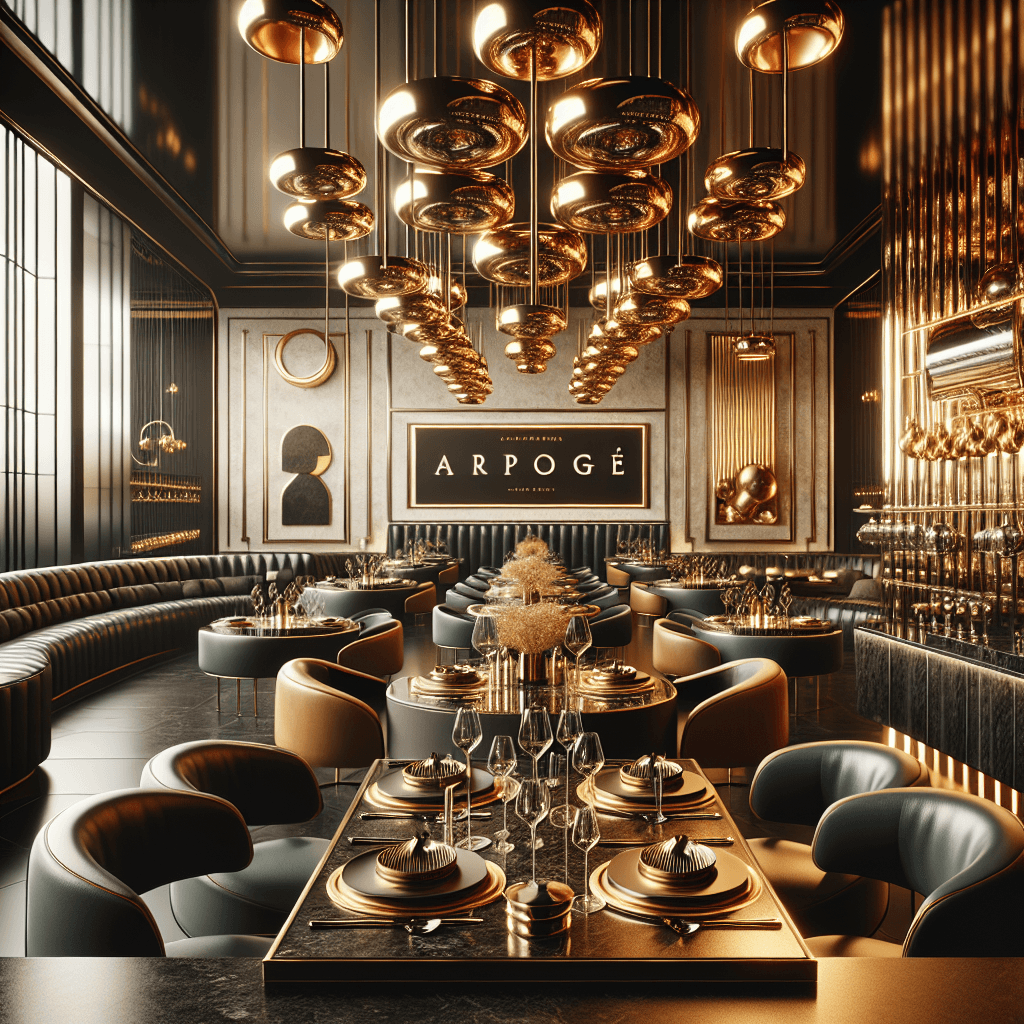How a Michelin-starred Chef Turned Vegetables into Haute Cuisine
In the heart of Paris, a culinary revolution unfolds at Arpège, where Chef Alain Passard transforms simple vegetables into extraordinary haute cuisine. This transformation is not just about cooking but a profound redefinition of what fine dining can be, led by a visionary who dares to dream differently.
- Chef Alain Passard: A Visionary in the Culinary World
- The Evolution of Arpège: From Haute Cuisine to Vegetable Artistry
- The Art of Vegetable Cuisine at Arpège
- Sustainable Gastronomy: The Gardens of Arpège
- Cultural Impact and Legacy of Alain Passard’s Arpège
- Final Reflections on Alain Passard’s Culinary Philosophy
Chef Alain Passard: A Visionary in the Culinary World
Alain Passard, the mastermind behind Arpège, embarked on his culinary journey with an apprenticeship at 14, quickly distinguishing himself in France’s competitive gastronomy scene. By the age of 26, he was already a head chef, and his relentless pursuit of culinary excellence led him to earn three Michelin stars for Arpège, a testament to his skill and innovation.
Passard’s approach to cooking is deeply rooted in his respect for ingredients, particularly vegetables. He famously removed red meat from his menu in 2001, a bold move that shocked the culinary world. This decision was driven by his desire to explore the potential of vegetables and offer a unique dining experience that focuses on sustainable, flavorful, and visually stunning dishes.
The Evolution of Arpège: From Haute Cuisine to Vegetable Artistry
Founded in 1986, Arpège was originally named after a musical term that reflects Passard’s passion for both cooking and music. This name symbolizes the harmony and creativity that he brings to his dishes. Over the years, Arpège has evolved from a classic French restaurant to a pioneering champion of farm-to-table dining, emphasizing organic vegetables grown in its own gardens.
The transformation began in the late 1990s when Passard started questioning the sustainability and ethics of using traditional ingredients like meat. His shift to a vegetable-centric menu was not merely a change in ingredients but a radical rethinking of what haute cuisine could be. This move has inspired a wave of chefs worldwide to consider sustainability and ingredient sourcing in their culinary practices.
The Art of Vegetable Cuisine at Arpège
At Arpège, vegetables are not just side dishes but the stars of the show. Passard employs techniques that elevate humble ingredients into works of art. His signature dish, “L’Arpege egg,” is a perfect example. It features a poached egg with cream, chives, and maple syrup vinegar, showcasing his ability to transform simple ingredients into a luxurious experience.
Each dish at Arpège is designed to highlight the natural flavors and textures of the vegetables. Passard’s approach often involves minimal intervention, allowing the freshness of the produce to shine through. This respect for the natural qualities of ingredients is a hallmark of his culinary philosophy.
Sustainable Gastronomy: The Gardens of Arpège
Passard’s commitment to sustainability extends beyond the kitchen to the very source of his ingredients. Arpège owns three organic gardens in different parts of France, which supply the restaurant with fresh produce daily. These gardens are not only a source of ingredients but also a laboratory for agricultural experimentation and biodiversity.
The gardens are managed without synthetic chemicals, relying instead on traditional techniques and natural remedies to maintain soil health and plant vitality. This approach ensures that the ingredients are not only delicious but also environmentally sustainable.
Cultural Impact and Legacy of Alain Passard’s Arpège
Alain Passard’s influence on the culinary world extends far beyond his restaurant’s walls. By placing vegetables at the forefront of haute cuisine, he has challenged conventional notions of fine dining and inspired chefs around the world to rethink their approaches to food and sustainability.
Arpège has also played a significant role in shaping public perceptions of vegetarian and vegan cuisines, proving that dishes without meat can be as luxurious and satisfying as their meat-containing counterparts. This has contributed to a broader acceptance and appreciation of plant-based diets in the luxury dining sector.
Final Reflections on Alain Passard’s Culinary Philosophy
Alain Passard’s journey with Arpège is a testament to the power of innovation and the importance of sustainability in the culinary arts. His work reminds us that cooking is not just about feeding the body but also about respecting the earth and elevating the human spirit through beautiful, delicious, and sustainable food.
For those interested in exploring more about Alain Passard and Arpège, consider visiting authoritative sources such as Gourmet Traveller.



